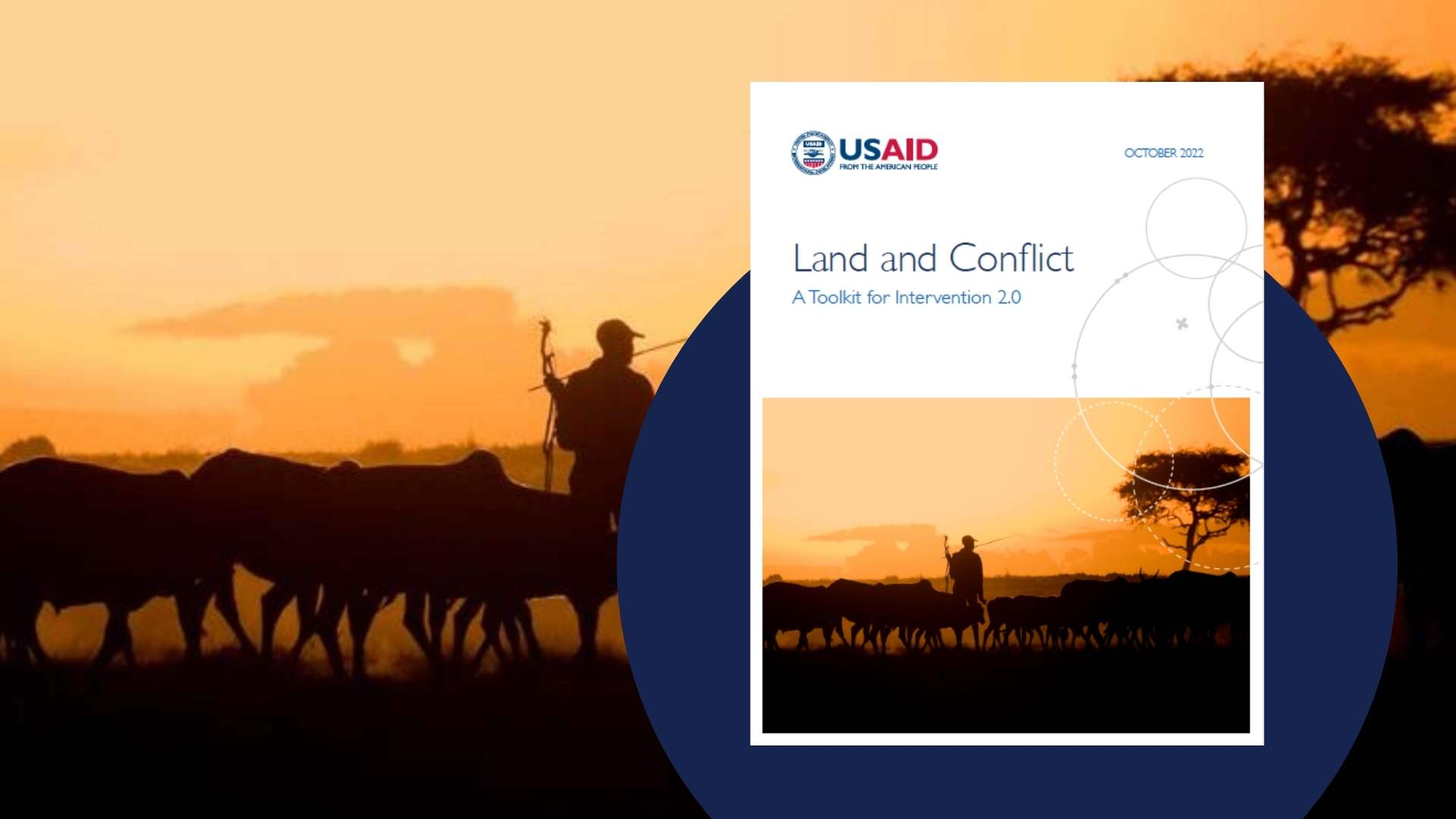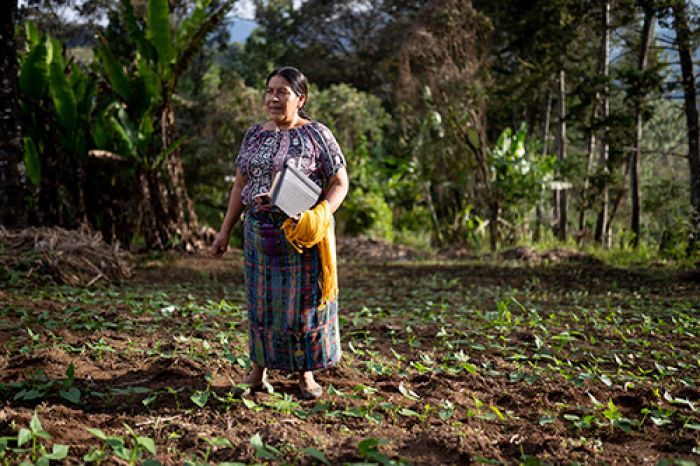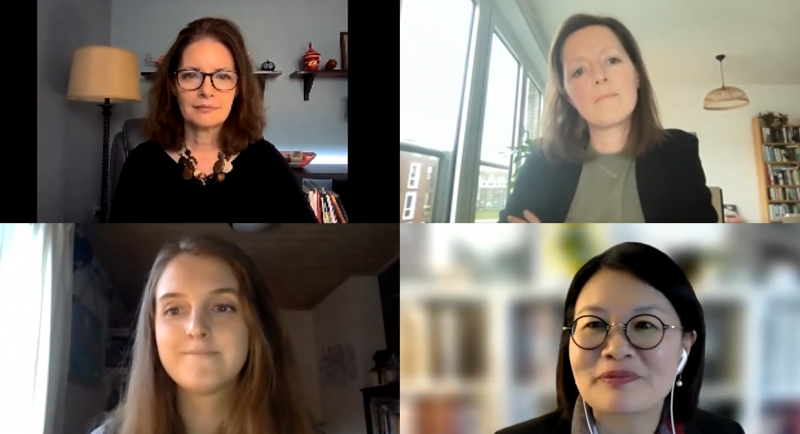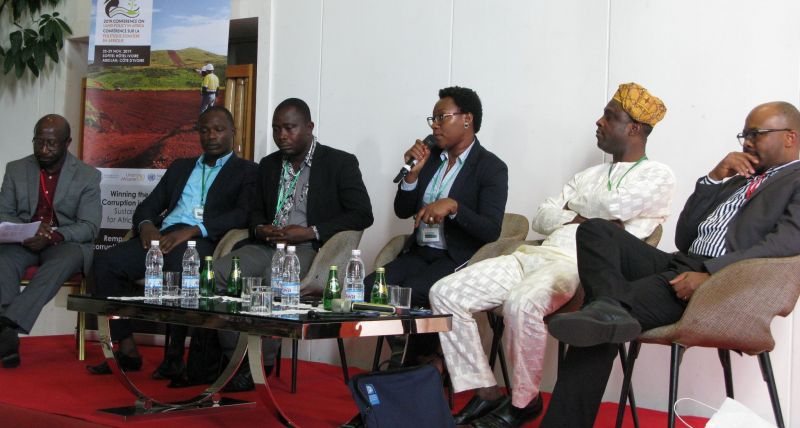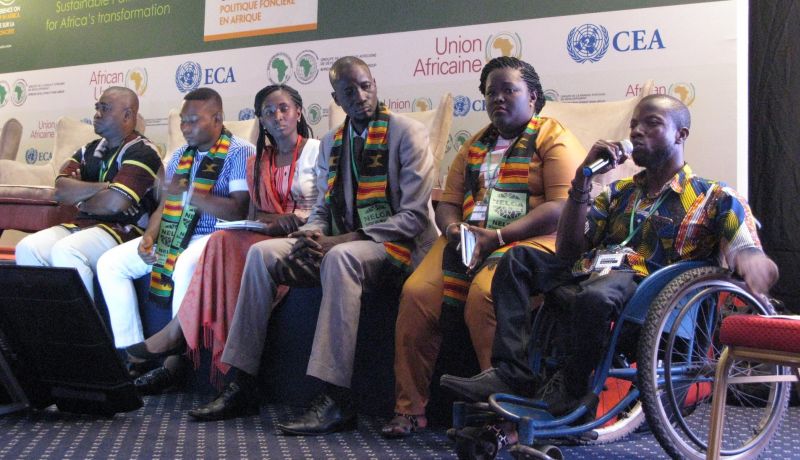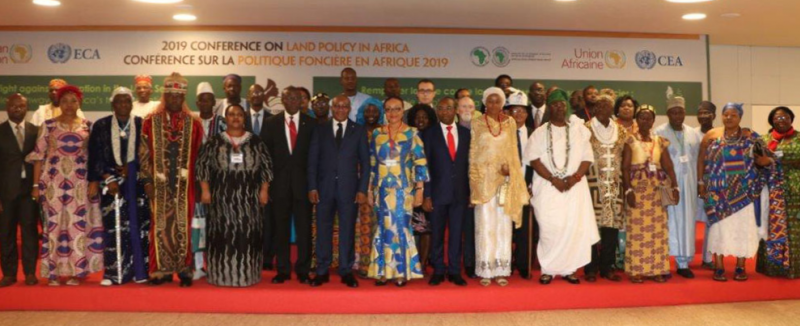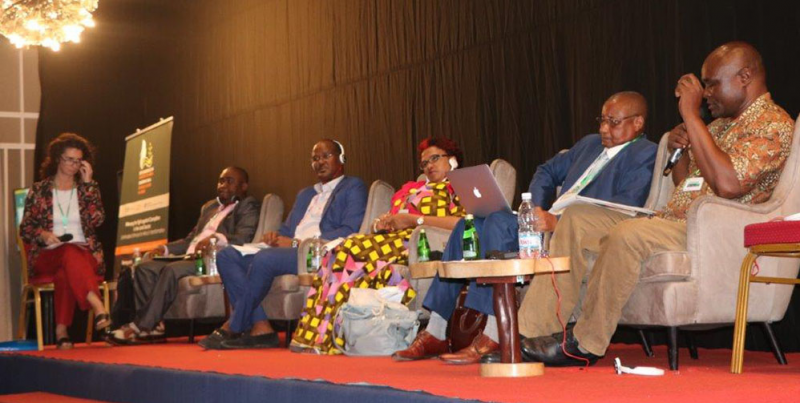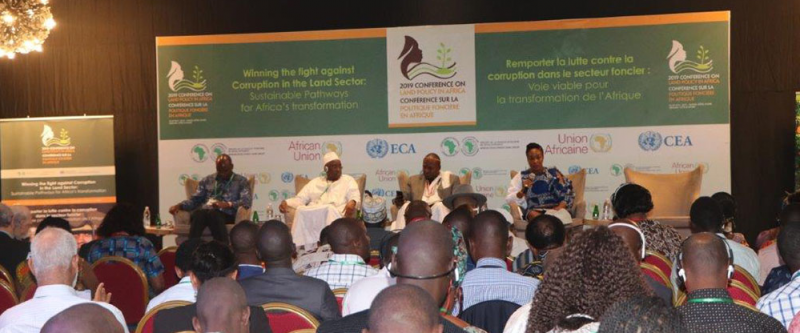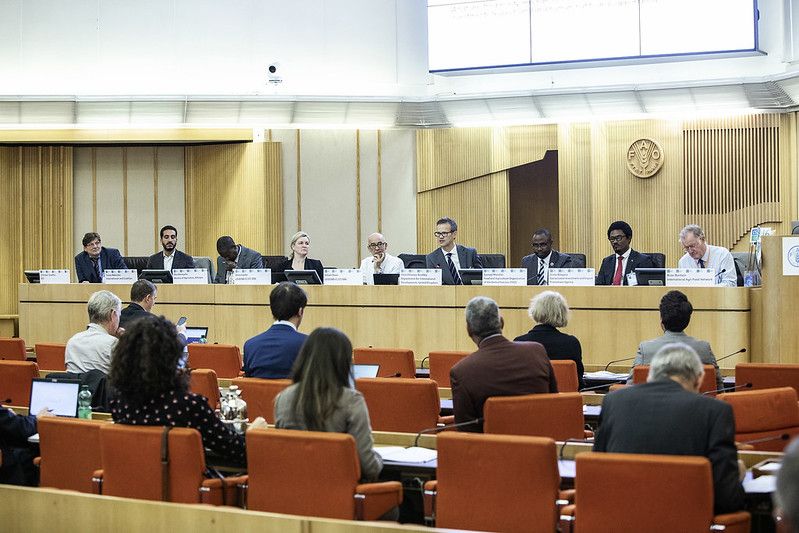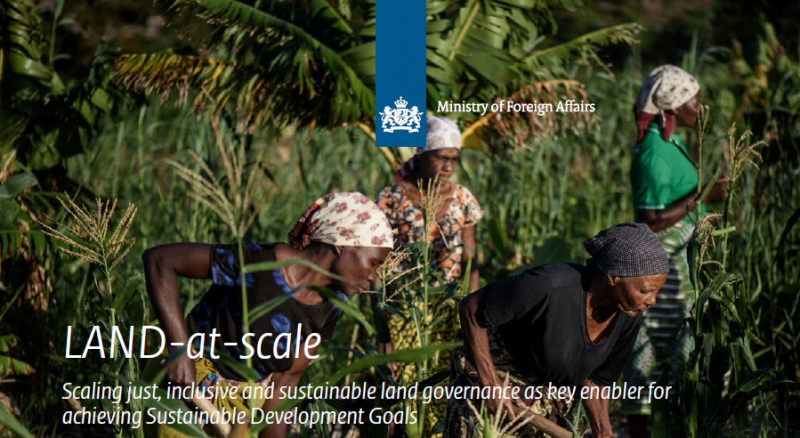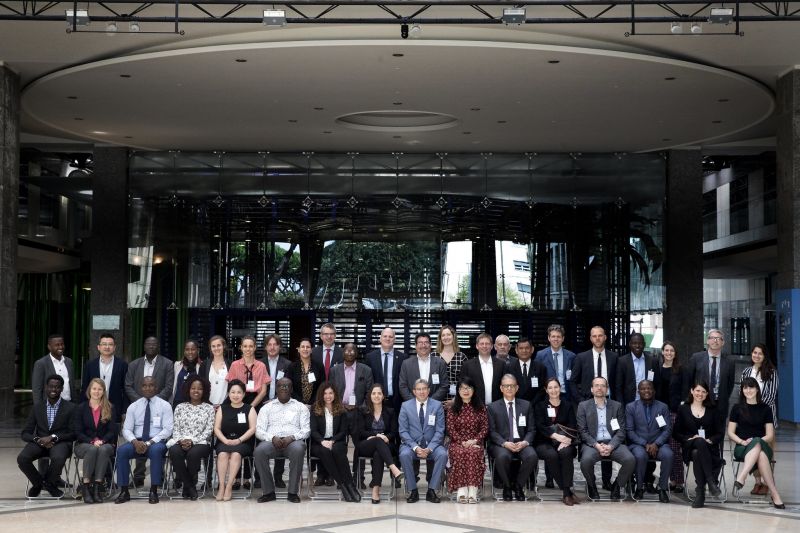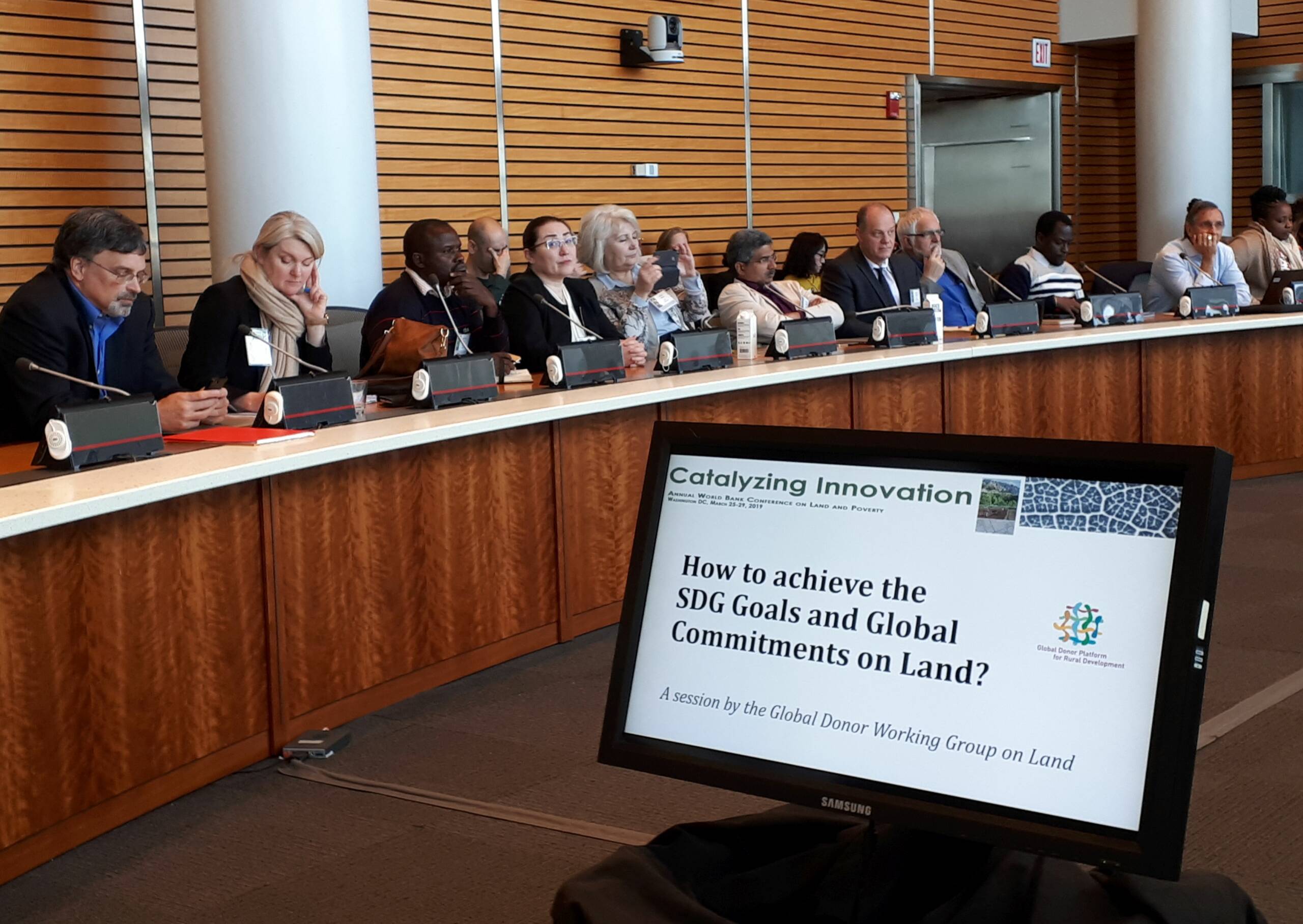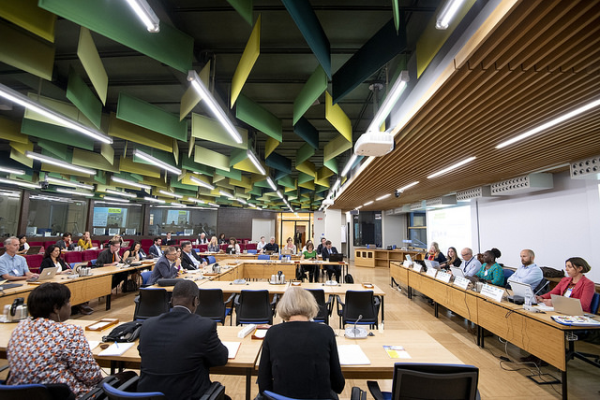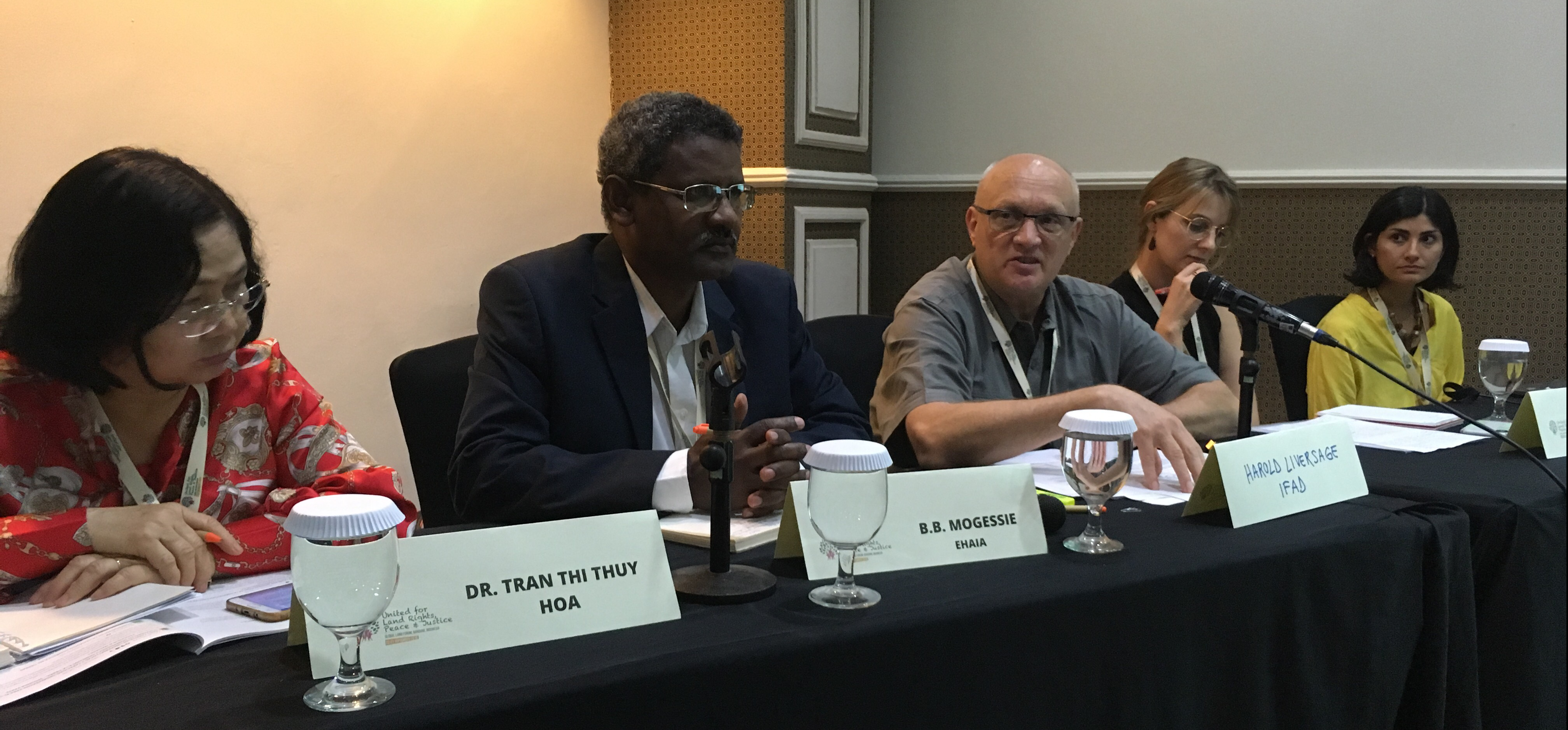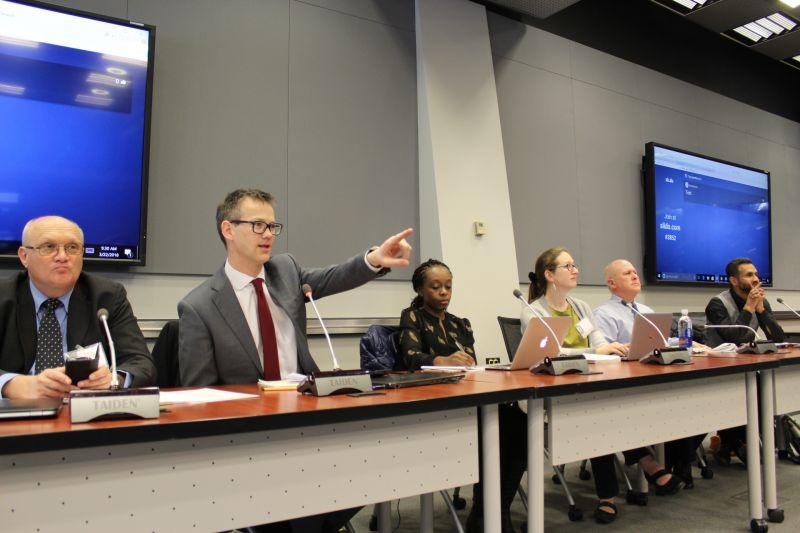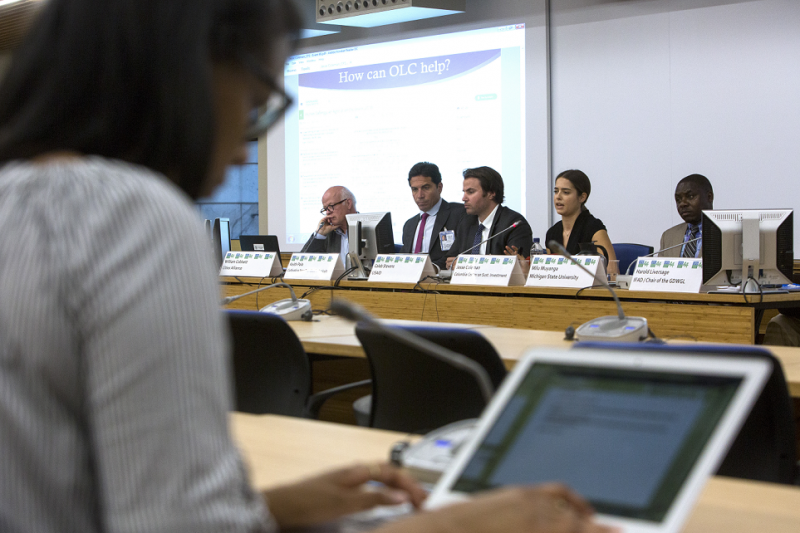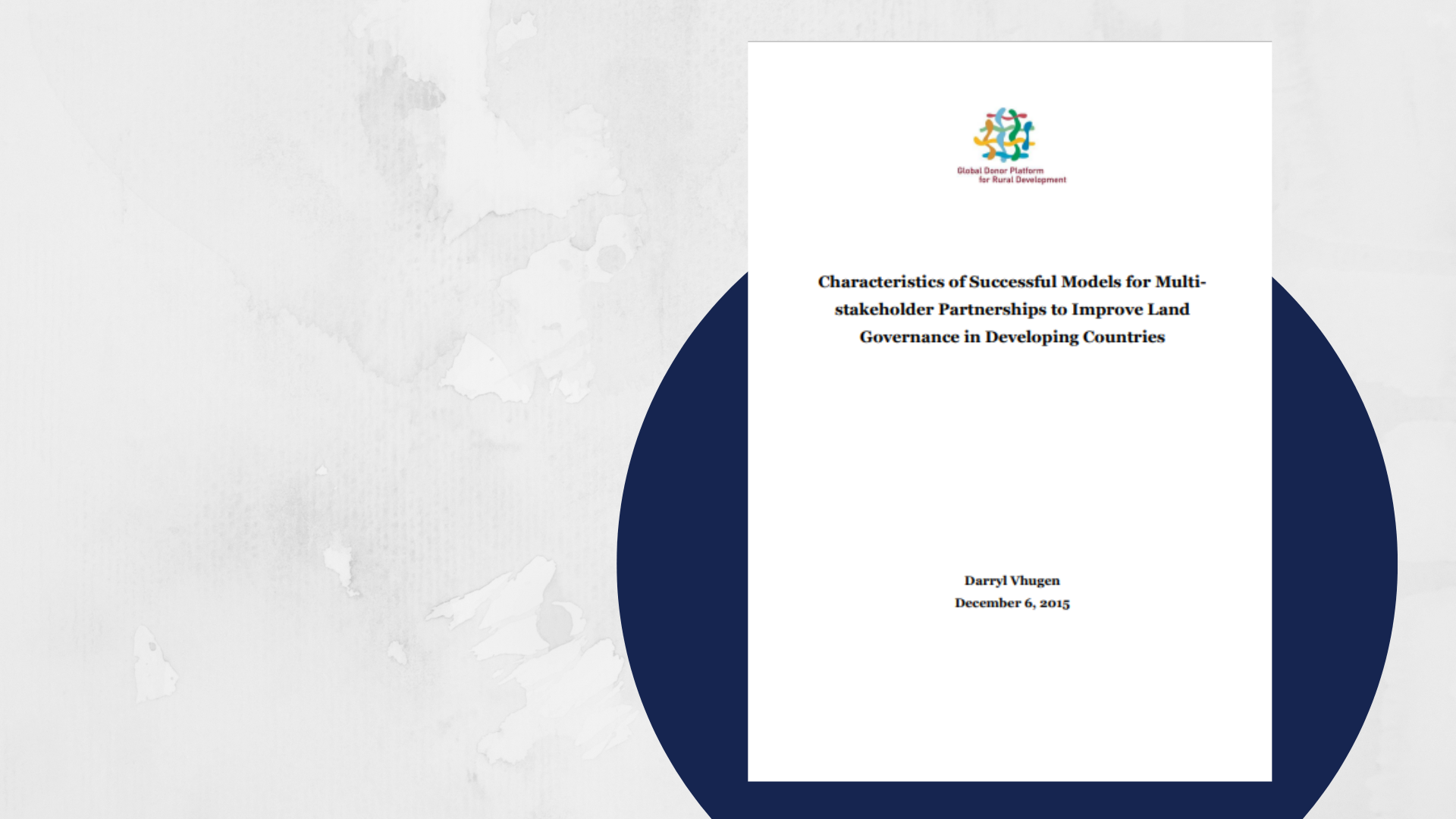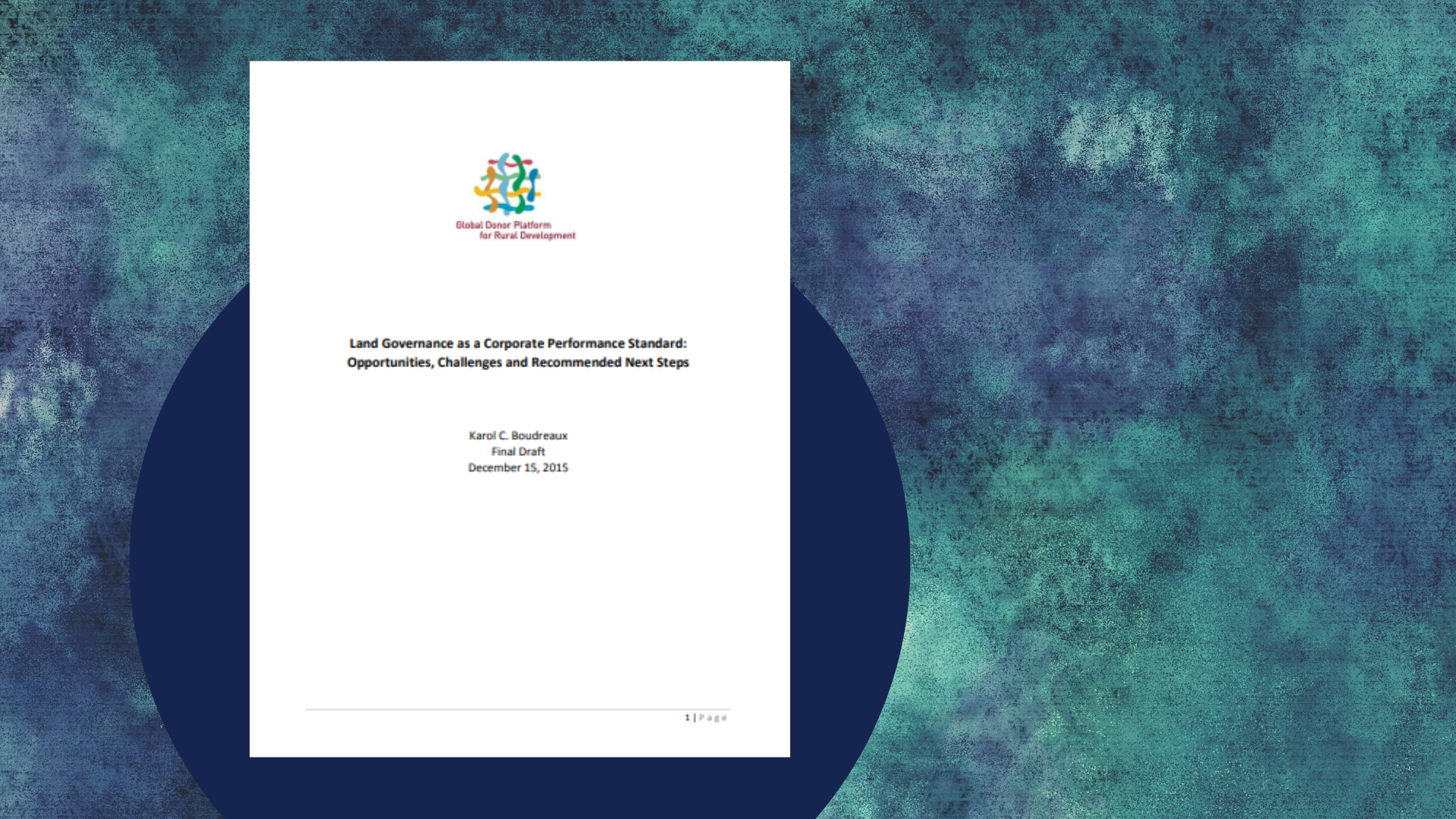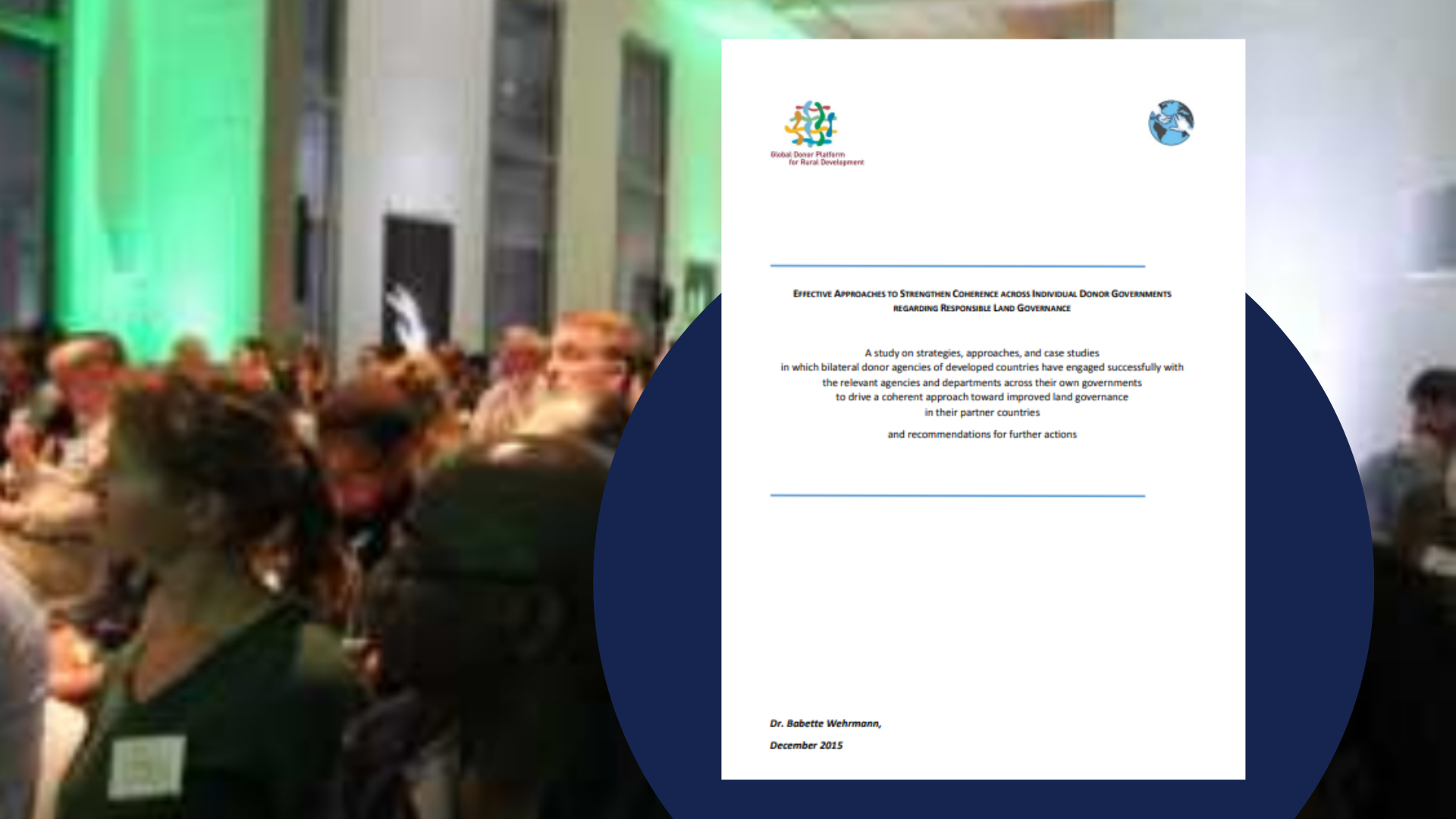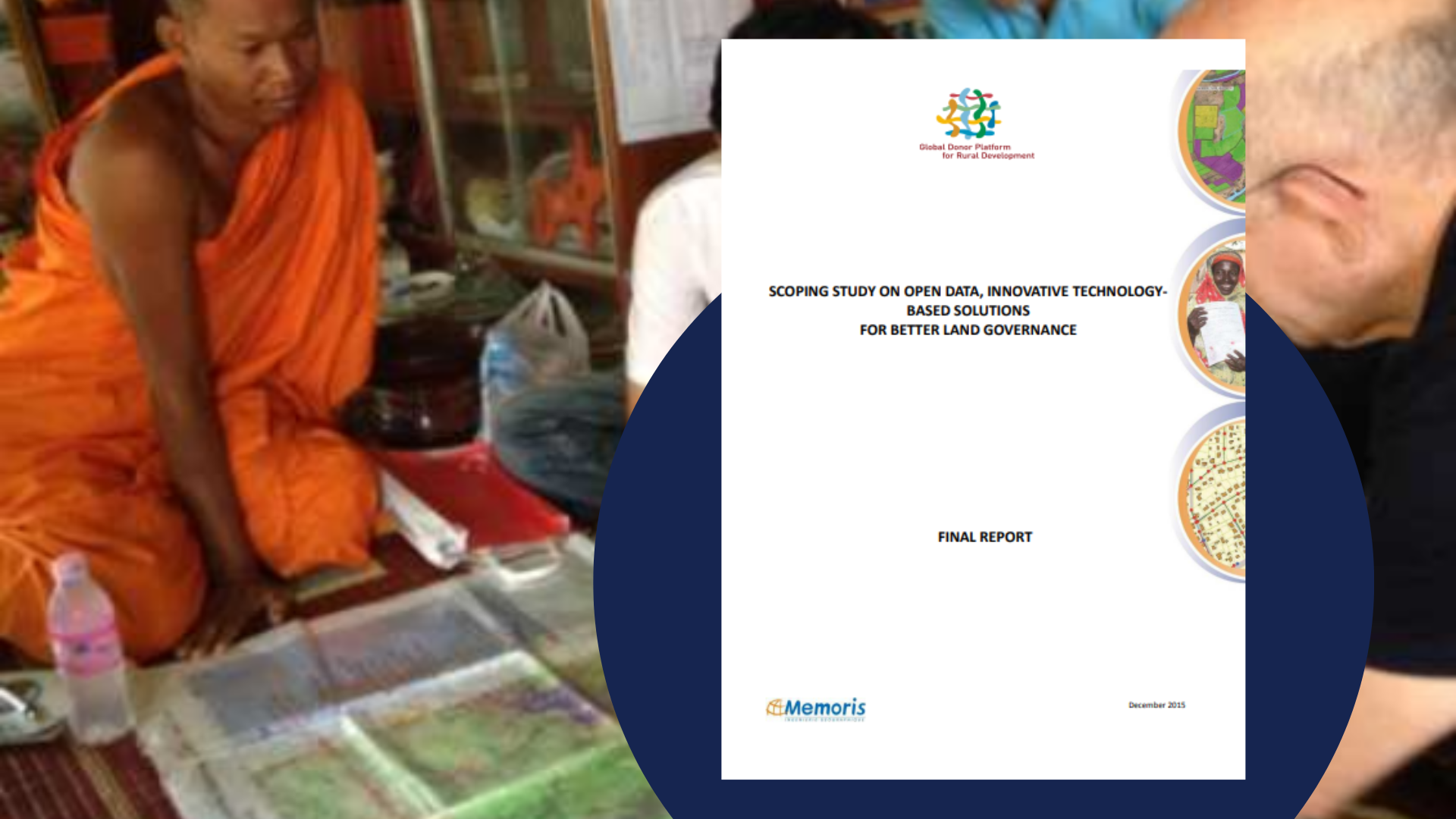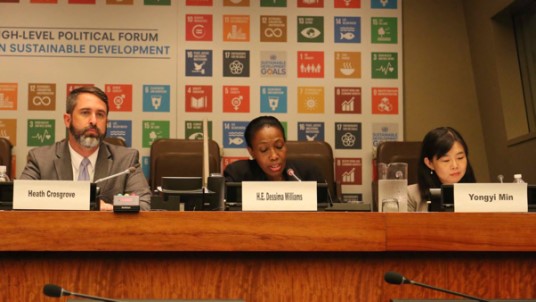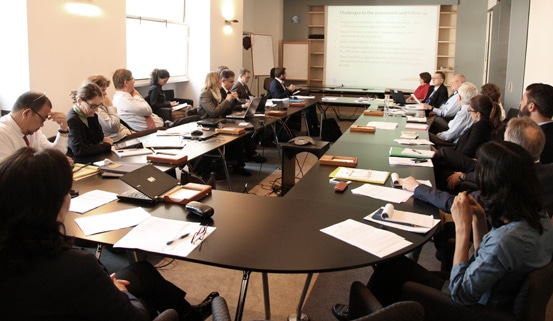Many times interests of vulnerable and marginalized groups are overshadowed by larger narratives and overall statistics, making them unheard and unspoken. In taking up this eminently important topic, George Washington University, Planet Forward, International Land Coalition (ILC), World Rural Forum together with IFAD hosted a side event during the CFS 46 titled “Telling Stories of People-Centered Land Governance to Drive Change: Great storytelling can inspire changes to land policies & normative frameworks and how these link to the sustainable development agenda”. The side event focused on the need of a people-centered land governance to end hunger and nutritional food insecurity.
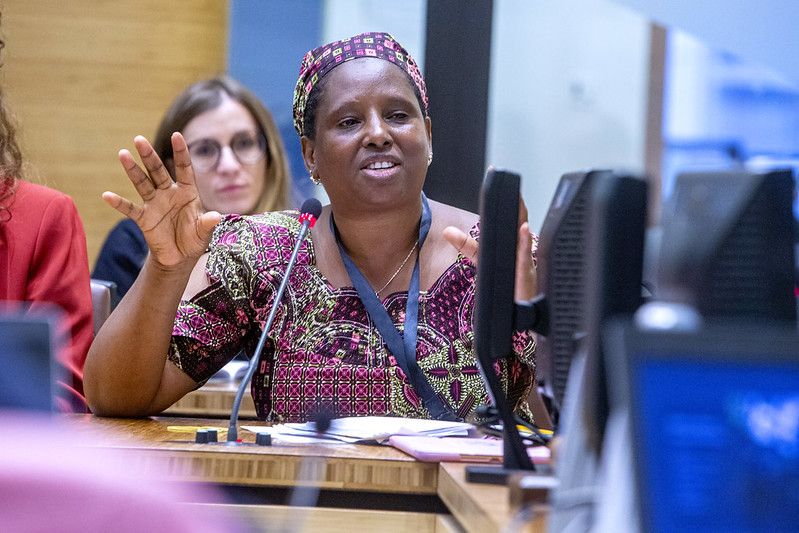
Balancing interests through dialogue platforms
The event showcased different stories affirming why it matters to have an all-inclusive land governance approach to end poverty and hunger. The speakers included practitioners and representatives from different indigenous communities around the world who told their stories and shared their experiences from different perspectives on land governance and telling stories. Ali Ali Shatu from MBOSCUDA, an NGO from Cameroon, shared that in her community, land is considered in terms of ownership and rarely as a production resource and that there are often conflicts between cultivators and pastoralists from scramble for the scarce land. Through MBOSCUDAs project ‘In Search of Common Ground’ they have created dialogue platforms between the farmers and pastoralists to use their land together and complement each other. They have developed 58 alliance farming pairs in rural communities in Cameroon.
Antonella Cordone from the International Fund for Agricultural Development (IFAD) put forward that the best way to get indigenous people involved in the discussions around land rights is to invite them to tell their stories. She added that IFAD strategy is not to tell the stories of the indigenous people but rather to open doors to enable them tell their stories. She added that in 2009, IFAD’s Executive Board approved the policy on engagement with indigenous peoples, which aims to enhance IFAD’s development effectiveness with indigenous peoples’ communities in rural areas, and to empower them to overcome poverty by building upon their identity and culture.
The event also featured different video presentations covering different stories about telling stories and people centered land governance and was moderated by renowned journalist and professor Frank Sesno of George Washington University.






